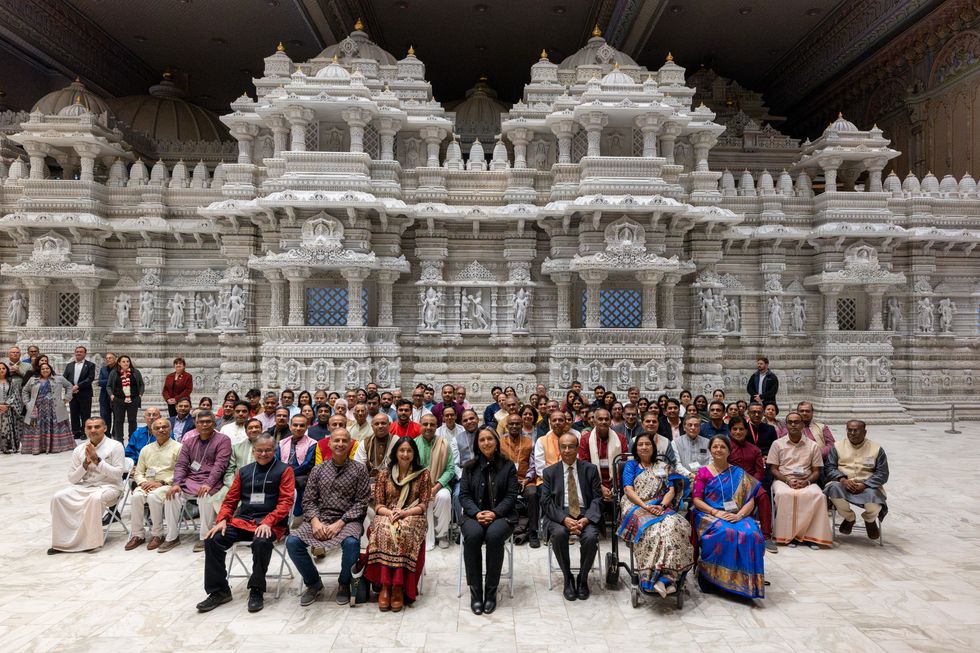Media reports inform that under the current legislation for England, Wales, and Scotland, there is a 24-week time limit for having an abortion, however, the law allows up until birth if "there is a substantial risk that if the child were born it would suffer from such physical or mental abnormalities as to be seriously handicapped", which includes Down's syndrome.
Heidi Crowter, 27, from Coventry who brought legal action against the Department of Health and Social Care with the hope of changing the law on abortion, arguing it is an “instance of inequality,” lost her High Court legal challenge in September last year, and the Court of Appeal judges on Friday upheld the decision, the Evening Standard reports.
Together with Maire Lea-Wilson, who is the mother of a young boy who has Down’s syndrome, Crowther, sought a declaration that part of the Abortion Act 1990 is not compatible with the European Convention on Human Rights.
In the ruling, Lord Justice Underhill reportedly said, “The question of whether, and if so in what circumstances, it should be lawful to abort a viable foetus on the basis that it will or may be born with a serious disability is one of great sensitivity and difficulty.
“But it is a question which is for Parliament, and not the Courts, to decide.
“The only question for us is whether the way that it was decided in 1990 involves a breach of the Convention rights of the Appellants as people born with such a disability. For the reasons given I do not believe that it does.”
With a vow to take her case to the Supreme Court, Crowther is quoted as saying, “I am very upset not to win again, but I will keep on fighting because we have already informed and changed hearts and minds and changed people’s opinions about the law.”
She adds, “I am very upset that babies with Down’s Syndrome can be aborted up to birth.
“This tells me that I am not valued and of much less value than a person without Down’s Syndrome.
“I am angry that the judges say that my feelings don’t matter. That makes me feel that I am not as valuable as a person without Down’s Syndrome.
“When we first started this court case not many people knew about the law, but now many, many people know about the law thanks to us and your amazing support.
“We want to thank everyone who has donated their time and money to our court case.”
Jason Coppell KC, the barrister for Lea-Wilson and Crowter is reported as saying, the legislation “stereotype(s) life as a disabled, or seriously handicapped, person as not worth living and certainly as having less value than life as an able-bodied person, thereby impacting on the feelings of self-worth and self-confidence of disabled persons.”
In a published summary of the judges' decision, they reportedly said, "The court recognises that many people with Down's Syndrome and other disabilities will be upset and offended by the fact that a diagnosis of serious disability during pregnancy is treated by the law as a justification for termination, and that they may regard it as implying that their own lives are of lesser value.
"But it holds that a perception that that is what the law implies is not by itself enough to give rise to an interference with article 8 rights (to private and family life, enshrined in the European Convention on Human Rights)."
Solicitor Paul Conrathe reportedly called the judgement "disappointing and perplexing", and said that the Court had "further diminished a fragile voice for equal value" informs a report featured in BBC News.
A Department of Health and Social Care spokesperson is reported as saying that abortion is an issue on which the government adopts "a neutral stance."
"It is for Parliament to decide the circumstances under which abortions should take place, allowing members to vote according to their moral, ethical or religious beliefs."
























